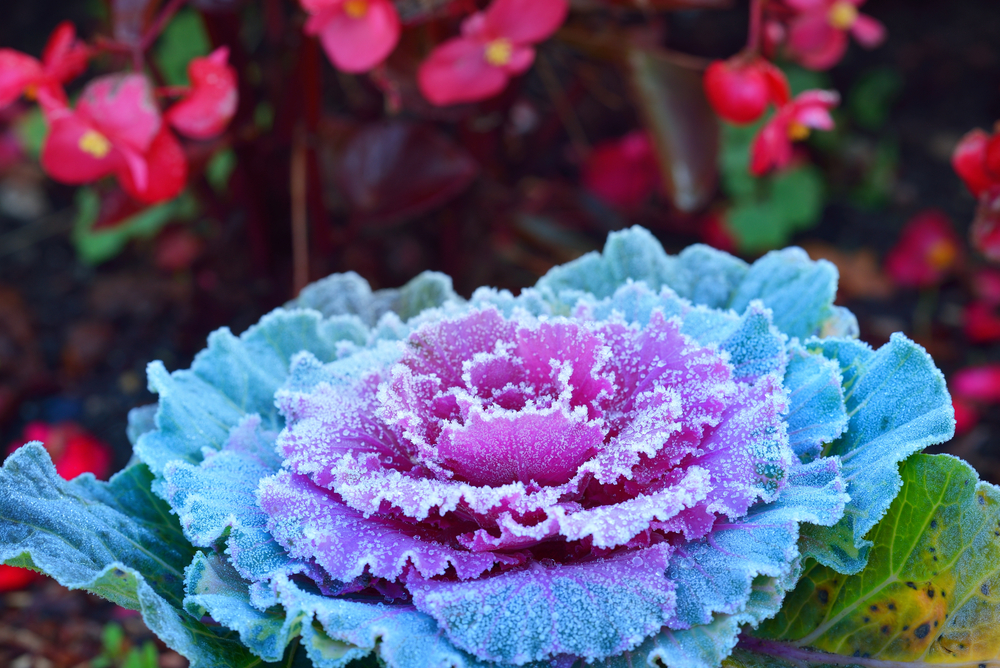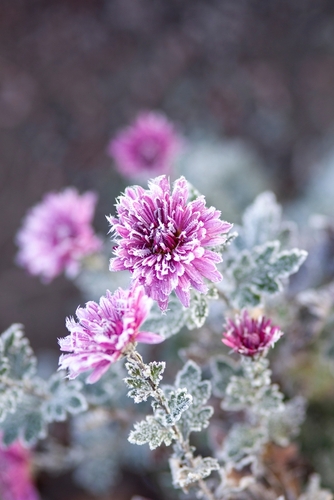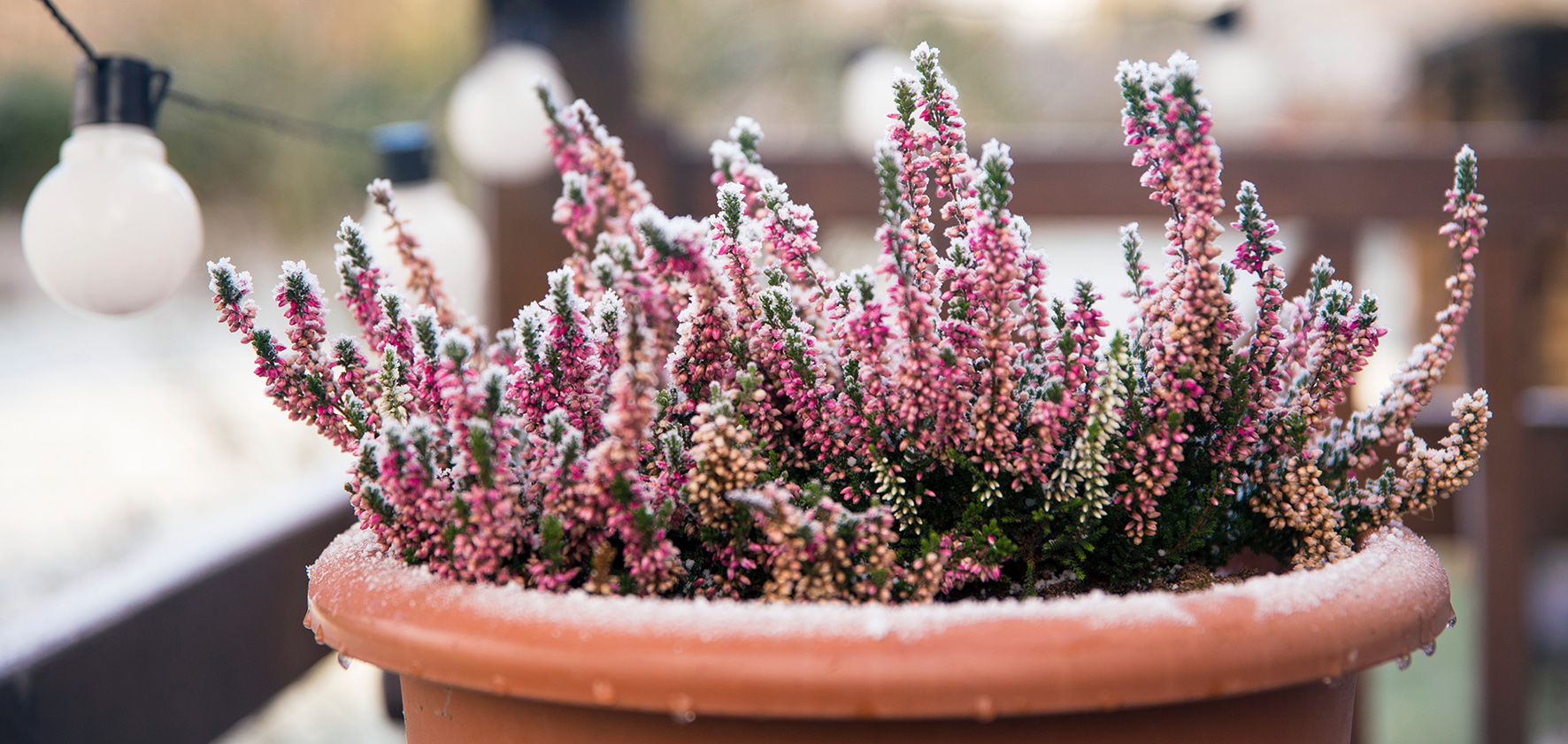The UK has seen some extreme weather conditions in January, from flooding and freezing temperatures to frost, snow, and storms, and this is set to continue in February, with another arctic blast expected to hit the country.
Collectively this can take its toll on your garden, and your outdoor spaces will need some TLC to help it recover and grow ahead of spring.
Here’s how you can help your garden survive and thrive after harsh January weather.
Flooding and heavy rainfall
At least 2,200 homes were affected by flooding this month, and many homeowners will have seen their gardens become waterlogged from high rainfall.
Flooded gardens can be a sign of poor drainage, so it is important to check that your drains and ground can get rid of excess water effectively.
Check your gutters and drains for any blockages and debris, which should be removed if found, and install gutter guards to collect any stuck leaves and moss to ensure rainwater is drained properly.
Excess water can also compact soil, which reduces its ability to absorb water and nutrients, so it is important to aerate the soil by loosening it with a garden fork.
Adding compost or fertilizer to churned soil and grass will also provide some much-needed nutrients which will improve water retention and overall soil health.
Make sure to prune or remove any damaged plants as well to allow for new growth.

Plummeting temperatures and frost
Temperatures have been reaching as low as -14 degrees Celsius, which has caused heavy frost to cover British gardens.
This can dry the soil out and impact its heat retention abilities, so once frost has melted, try watering grass and plant beds to improve insulation for plants. Spreading fertiliser will promote recovery and new growth.
Avoid mowing your lawn any time soon, as cutting frozen grass can inflict additional damage which will impact its growth ahead of spring.
Temperature-sensitive plants should be moved inside, to a greenhouse, or covered to provide warmth.
Row covers should also be placed over flowerbeds and patches to protect plants from frost while allowing sunlight through.
High winds
Storm Henk caused winds to reach 80 MPH, and strong winds have continued due to the recent Storm Isha and upcoming Storm Jocelyn, which can be a nightmare for vulnerable plants and structures in your garden.
Once you have assessed any damage caused by high winds, make sure to remove any debris, like fallen leaves and branches, from your grass and flowerbeds, and prune any damaged plants to boost future growth.
Plants may have become uprooted during storms or windy conditions, so make sure to remove any dead greenery and support healthy plants with stakes and trellises to help them re-establish roots.
Vulnerable plants can also retain moisture better by having mulch placed around the base, which will also help to regulate temperature and stand as another line of defence for roots.
Make sure to also double-check any garden structures, like fences, arbours, gazebos, and pergolas, and secure them if they look or feel unstable.
Snow
If you live in an area that has seen snow recently, now is the time to check your garden and plants, particularly after it has melted.
Branches and plants can be weighed down by snowfall, which can damage plants or cause distortion, so gently shake off any remaining snow.

Plants that have been iced over as snow melts should be treated delicately, and any de-icing methods should be used with caution. If you’re using salt, try to minimise any runoff onto garden beds and soil.
Snow may also have melted away mulch and compost, which regulates soil temperature and moisture levels, so replenish it to protect plants, and assess the moisture levels of the soil, as snow and the cold can dry it out.
However, avoid watering the ground in freezing temperatures, as this may freeze quickly and dehydrate soil and plants further.
You should also check on any new shoots that are beginning to grow ahead of spring, as they may require additional protection, like cloches or blankets.
By Brian Davenport, Co-Founder of The Solar Centre





